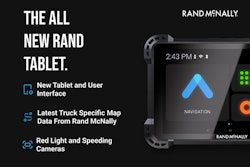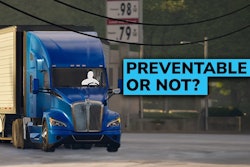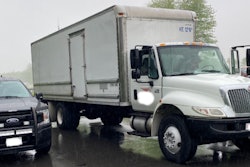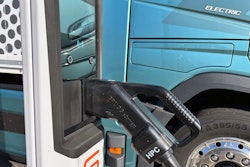A group of Senators and Representatives on Wednesday introduced Congressional Review Act (CRA) legislation in the U.S. Senate and House to block the Biden administration’s latest emissions reduction mandates, including the Environmental Protection Agency’s Phase 3 Greenhouse Gas regulations for heavy-duty trucks. Another CRA resolution calls for the rollback of new emissions regulations for light- and medium-duty vehicles.
U.S. Sens. Pete Ricketts (R-Nebraska) and Dan Sullivan (R-Alaska) and U.S. Reps. John James (R-Michigan) and Russ Fulcher (R-Idaho) introduced the CRA resolutions. A CRA resolution is a tool Congress can use to overturn certain federal agency actions. Like any Congressional bill, a CRA must be passed by both chambers and signed by the president or passed over a presidential veto by two-thirds of the members of each house.
As reported when the EPA’s final Phase 3 rule was introduced, roughly 25% of heavy-duty sleeper trucks would need to be zero-emission by 2032 and 40% of regional day cabs. The EPA Phase 3 rule does not specify any particular emissions solution in its rules, maintaining its promise of a "technology-neutral" approach. However, it will be difficult to hit emissions benchmarks without some integration of either hybrid, battery-electric, or hydrogen-electric trucks, many watchers believe.
[Related: Consumer protections included in Phase 3 EPA rule]
Owner-Operator Independent Drivers Association President Todd Spencer lauded the effort to overturn EPA’s final rule.
“Small business truckers make up 96% of trucking and could be regulated out of existence if the EPA’s misguided mandate comes into effect,” he said. “This could have devastating effects on the reliability of America’s supply chain and ultimately on the cost and availability of consumer goods. Local mom-and-pop trucking businesses would be suffocated by the sheer cost and operational challenges of effectively mandating EV trucks. We thank Senator Ricketts and Senator Sullivan for their leadership in Congress in standing up for America’s small business truckers to fight EPA’s unworkable emissions regulations.”
Likewise, American Trucking Associations Chief Advocacy and Public Affairs Officer Ed Gilroy called the Phase 3 GHG rule “entirely unachievable given the current state of zero-emission technology, the lack of charging infrastructure and restrictions on the power grid.”
[Related: EPA Phase 3 truck emissions rule destined to fail? Industry reactions pour in]
“Senators Sullivan and Ricketts and Representatives Fulcher and James' resolution highlights the need for EPA to include the operational realities of trucking in their final regulation,” Gilroy added. “We appreciate them drawing attention to this important issue and look forward to continuing to work with champions in Congress, coalition partners in industry and federal regulators to develop realistic, technology-neutral national emissions standards that will benefit our environment and set our supply chain up for success.”
Ricketts and James introduced the CRA for the light- and medium-duty vehicles rule, while Sullivan and Fulcher introduced the CRA for the heavy-duty vehicles rule. Sullivan and Ricketts are both members of the Senate Committee on Environment and Public Works. James and Fulcher are both members of the House Committee on Energy and Commerce.
An effort in 2023 to roll back the EPA's Heavy Duty Truck Rule establishing emission limits for nitrogen oxide (NOx) from commercial trucks beginning with the 2027 model year passed the House and Senate, but was ultimately vetoed by President Joe Biden.
[Related: 'Massive' rate increase needed to finance $1 trillion electric trucking conversion]










